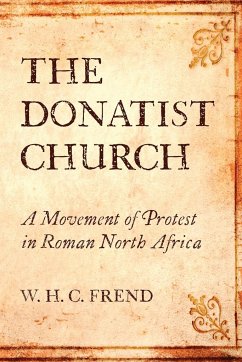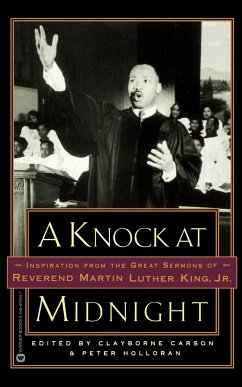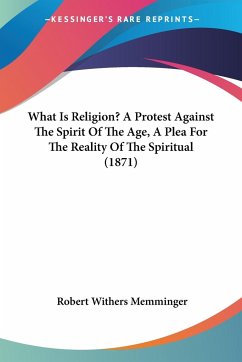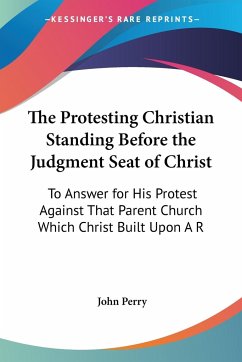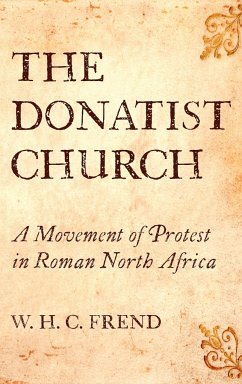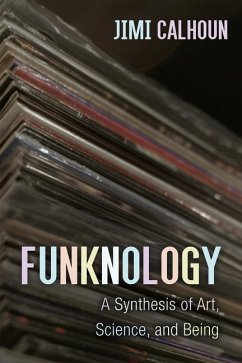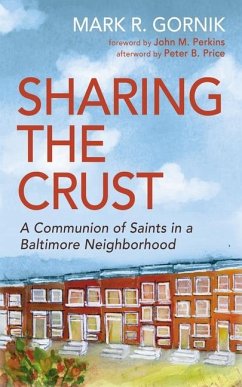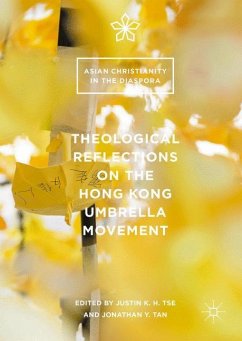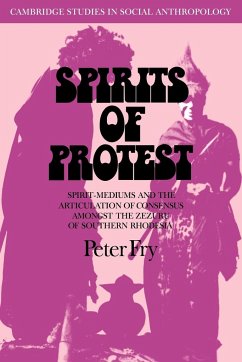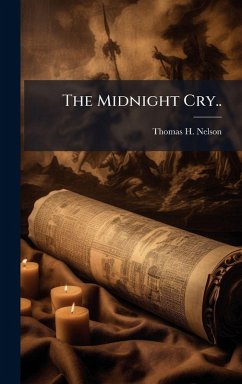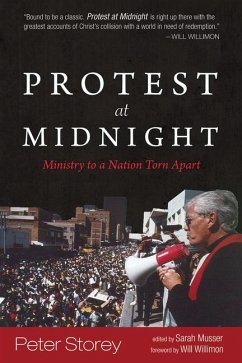
Protest at Midnight
Ministry to a Nation Torn Apart
Herausgeber: Musser, Sarah
Versandkostenfrei!
Versandfertig in über 4 Wochen
37,99 €
inkl. MwSt.
Weitere Ausgaben:

PAYBACK Punkte
19 °P sammeln!
"Let me say to President Botha: apartheid is doomed! It has been condemned in the councils of God, rejected by every nation on the planet and is no longer believed in by the people who gave it birth. Apartheid is the god that has failed . . . let not one more sacred life be offered on its blood-stained altar." This is what Bishop Peter Storey preached in 1986 in the darkest hours of black suffering in a South Africa torn apart by racial oppression. Join him as a youthful chaplain to Nelson Mandela on Robben Island, defying armed police entering his pulpit, heading the SA Council of Churches wi...
"Let me say to President Botha: apartheid is doomed! It has been condemned in the councils of God, rejected by every nation on the planet and is no longer believed in by the people who gave it birth. Apartheid is the god that has failed . . . let not one more sacred life be offered on its blood-stained altar." This is what Bishop Peter Storey preached in 1986 in the darkest hours of black suffering in a South Africa torn apart by racial oppression. Join him as a youthful chaplain to Nelson Mandela on Robben Island, defying armed police entering his pulpit, heading the SA Council of Churches with Bishop Desmond Tutu, leading 25,000 marchers against Johannesburg's secret police headquarters, and confronting Winnie Mandela's wrongs. Storey's ministry was shaped by one simple question: "What does it mean to obey Jesus in apartheid South Africa?" This book tells of his answer and challenges the silence of American churches in the face of nationalism, systemic racism, and right-wing populism in the USA.




